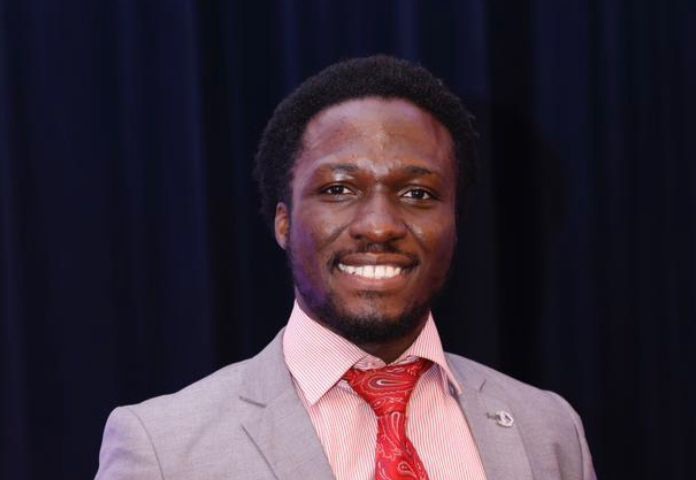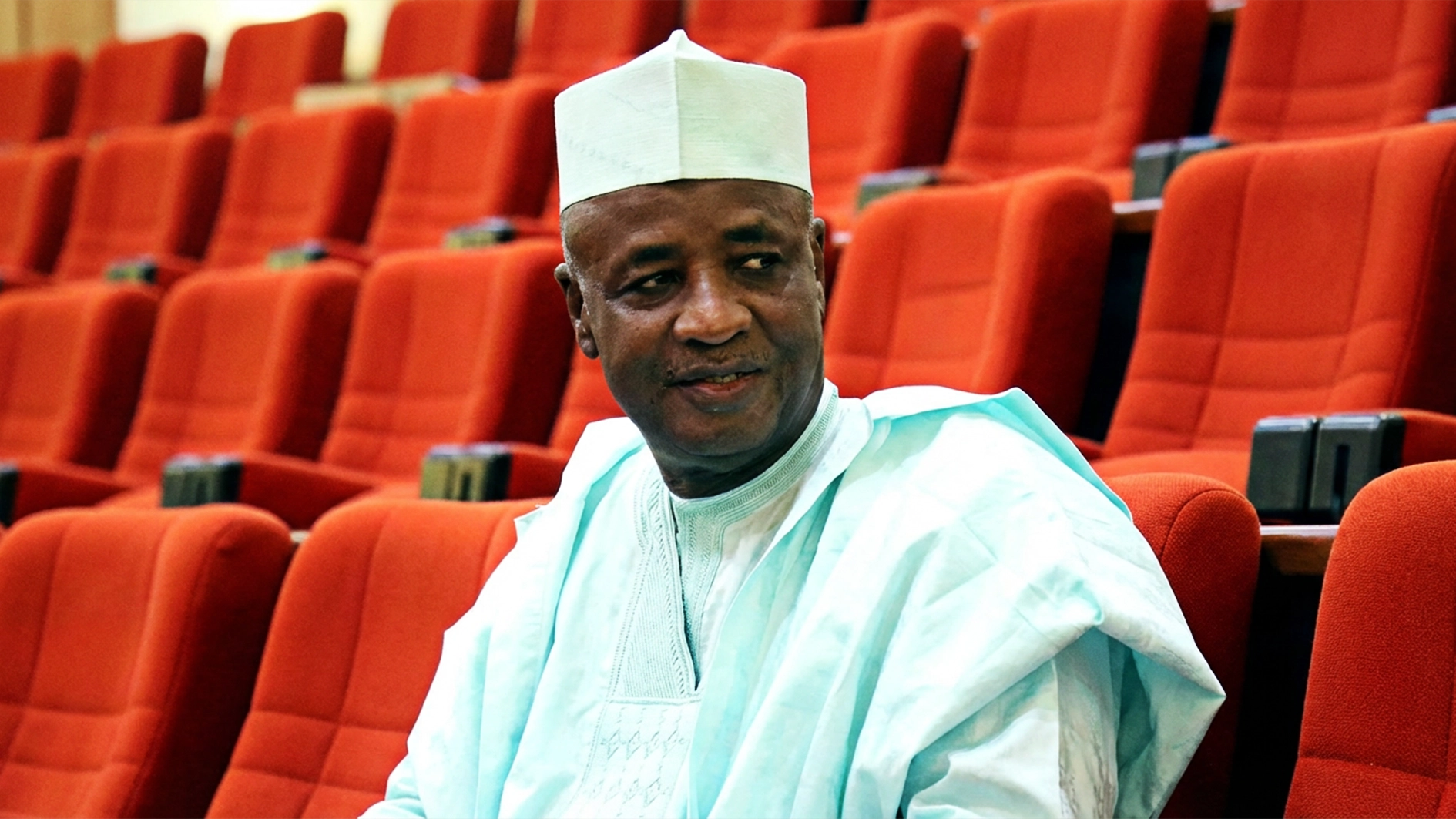 As global industries pivot toward sustainability, thermoelectric materials are emerging as critical solutions for clean energy, heat recovery, and solid-state refrigeration. Among the field’s leading innovators is Adetoye Adekoya, a recognized materials scientist whose groundbreaking research integrates computational and experimental approaches to revolutionize materials discovery.
As global industries pivot toward sustainability, thermoelectric materials are emerging as critical solutions for clean energy, heat recovery, and solid-state refrigeration. Among the field’s leading innovators is Adetoye Adekoya, a recognized materials scientist whose groundbreaking research integrates computational and experimental approaches to revolutionize materials discovery.
Adekoya, who earned his stripes as a PhD student at Northwestern University, has transformed the field with his pioneering use of the Defect Energy Formalism (DEF). This cutting-edge framework integrates first-principle defect energy calculations into thermodynamic modeling, offering unprecedented accuracy in predicting the behaviours of defects in materials like bismuth telluride (Bi₂Te₃)—a key thermoelectric material. DEF eliminates the need for fitting parameters, enabling precise predictions that were previously unattainable with traditional methods.
“By combining computational modeling with experiments, we can rapidly explore material systems at a scale and speed that were unimaginable a decade ago,” Adekoya explains. “This integrated approach accelerates innovation, enabling us to address energy and environmental challenges more effectively.”
Thermoelectric materials have the unique ability to convert waste heat into electricity, providing solutions for industries ranging from automotive to space exploration. NASA depends on thermoelectric systems to power missions like the Perseverance rover and the upcoming Dragonfly mission to Titan. Adekoya’s research ensures these systems achieve optimal efficiency while reducing the costly, time-intensive experimental processes traditionally required for development.
While thermoelectric research has been a major focus, computational techniques like DEF are driving breakthroughs across multiple sectors. In battery technology, predictive models are helping optimize electrode materials for higher energy densities and faster charging times. Similarly, in solar energy, computational simulations are uncovering new perovskite materials that promise enhanced efficiency and durability in photovoltaic cells.
These advances exemplify the broader impact of computational materials science: replacing the slow, costly trial-and-error experimentation process with faster, more precise methods that guide development from the atomic level. The integration of computational tools into materials discovery is transforming the way scientists approach challenges. These tools enable researchers to predict and manipulate material properties, such as conductivity, thermal stability, and strength, before experiments are conducted. This capability allows for the rapid identification of optimal materials, significantly accelerating development cycles while cutting costs.
One of the most significant advantages of computational modeling is its ability to uncover new possibilities. By simulating vast design spaces, researchers are identifying materials for cutting-edge applications, from next-generation aerospace alloys to biodegradable polymers for sustainable packaging.
Beyond his technical achievements, Adekoya is widely recognized as a thought leader and innovator. With advanced degrees in both Materials Science and Mechanical Engineering, and a graduate certificate in Predictive Science and Engineering Design, he brings a unique interdisciplinary perspective to his work. His research has earned international acclaim, including invitations to present at high-profile conferences and recognition through prestigious awards such as an NSF grant, a Petroleum Technology Development Fund (PTDF) scholarship and opportunities to work with game changers such as NASA and Intel on projects.
Reflecting on his career, Adekoya said, “The goal has always been to not just discover new materials but to redefine how we approach materials discovery. Computational tools give us the ability to predict and optimize properties before a single experiment is performed. This is not just a game-changer for research—it’s a game-changer for industries.”
Adekoya’s contributions come at a time when materials science is increasingly central to addressing global challenges. His research exemplifies the transformative potential of computational techniques, not only in advancing thermoelectrics but also in reshaping industries such as energy, electronics, and sustainability.
By bridging theory and application, Adekoya is helping drive the next wave of scientific breakthroughs. His work highlights the power of materials science to deliver innovative solutions to some of the world’s most pressing problems, inspiring the next generation of researchers to push the boundaries of what is possible.






